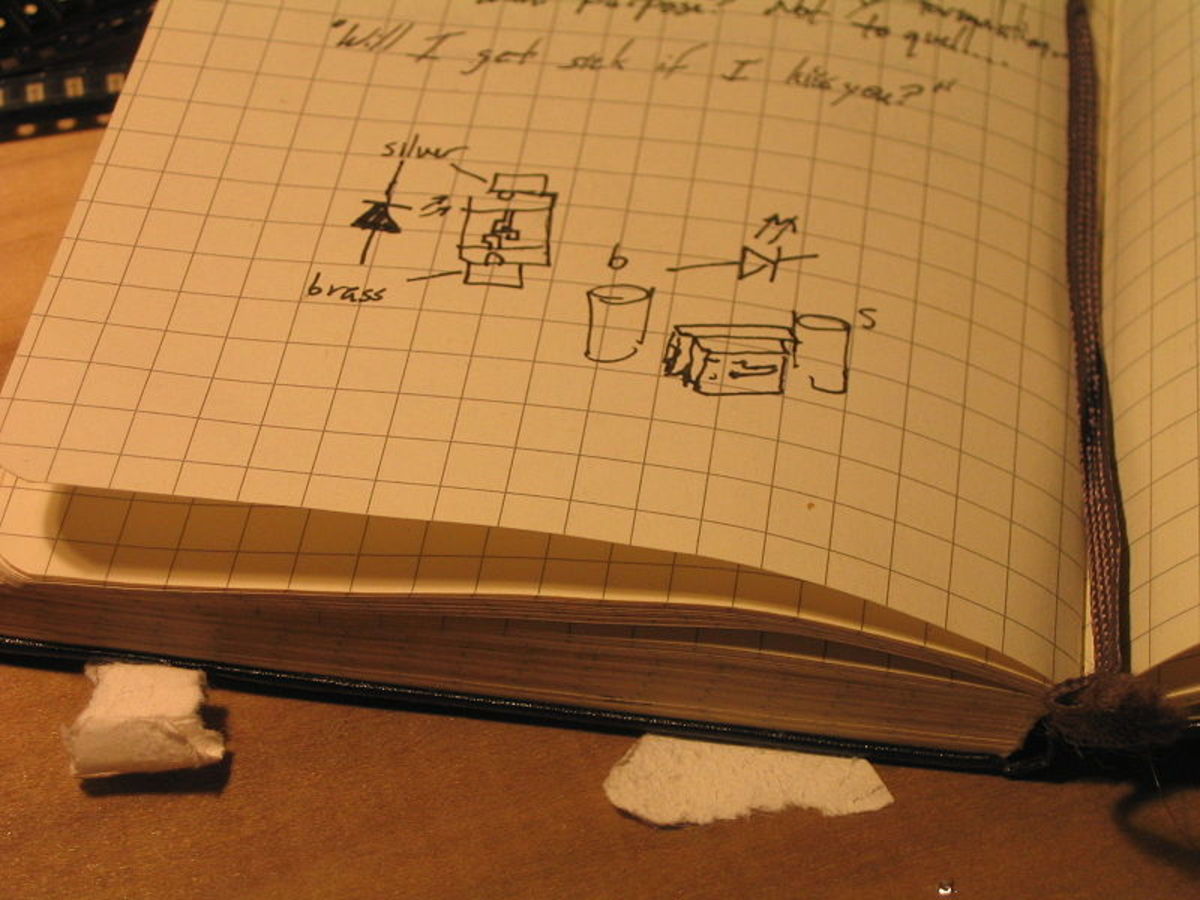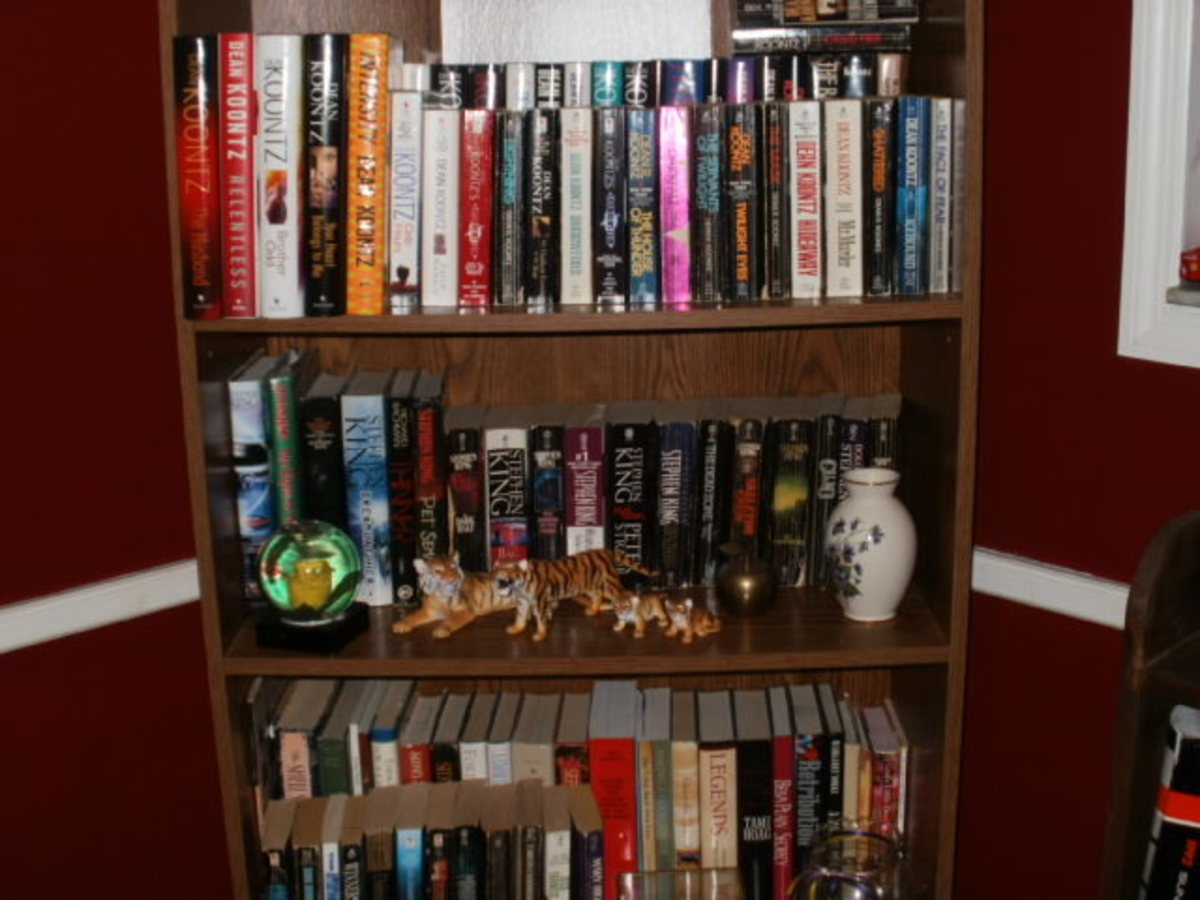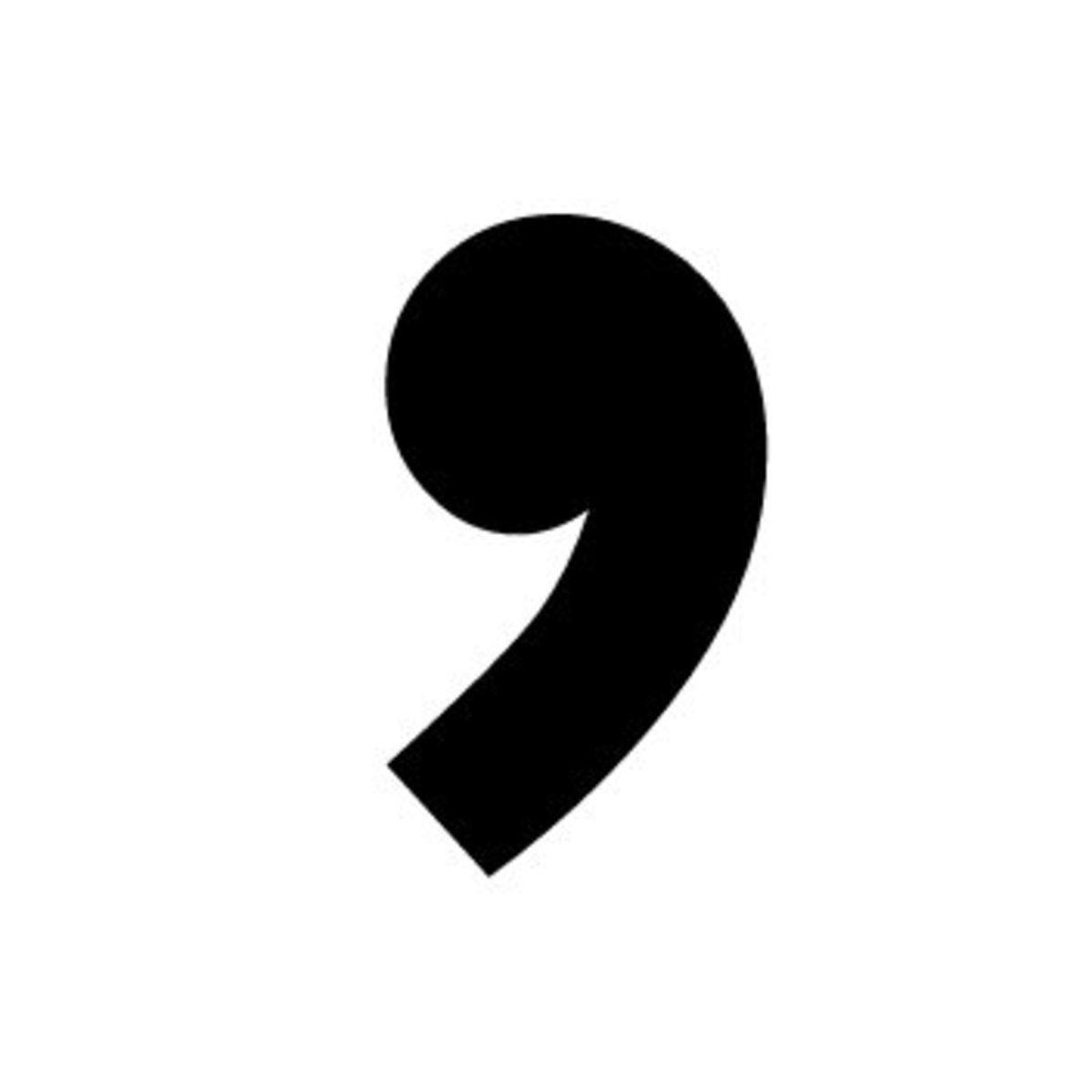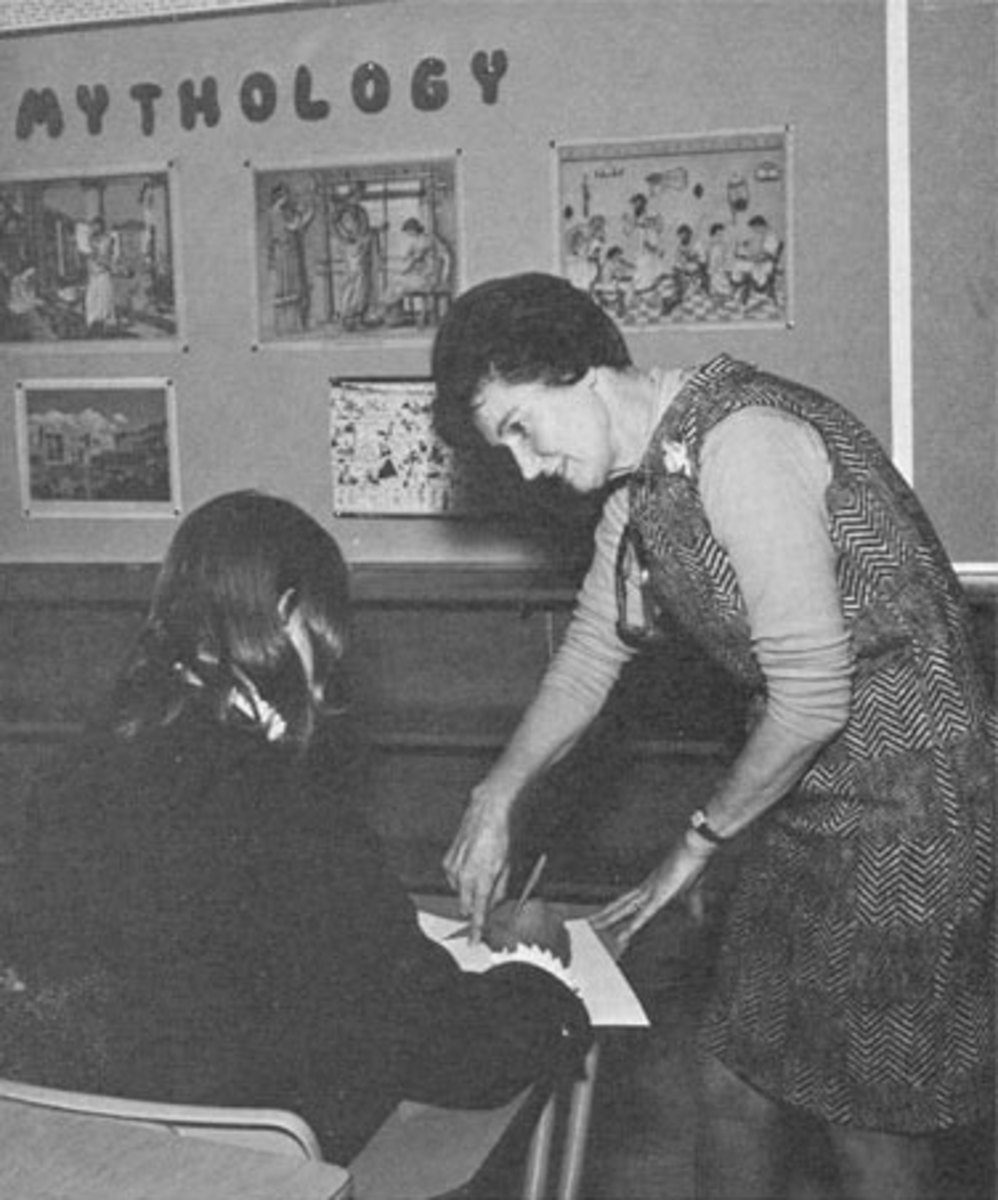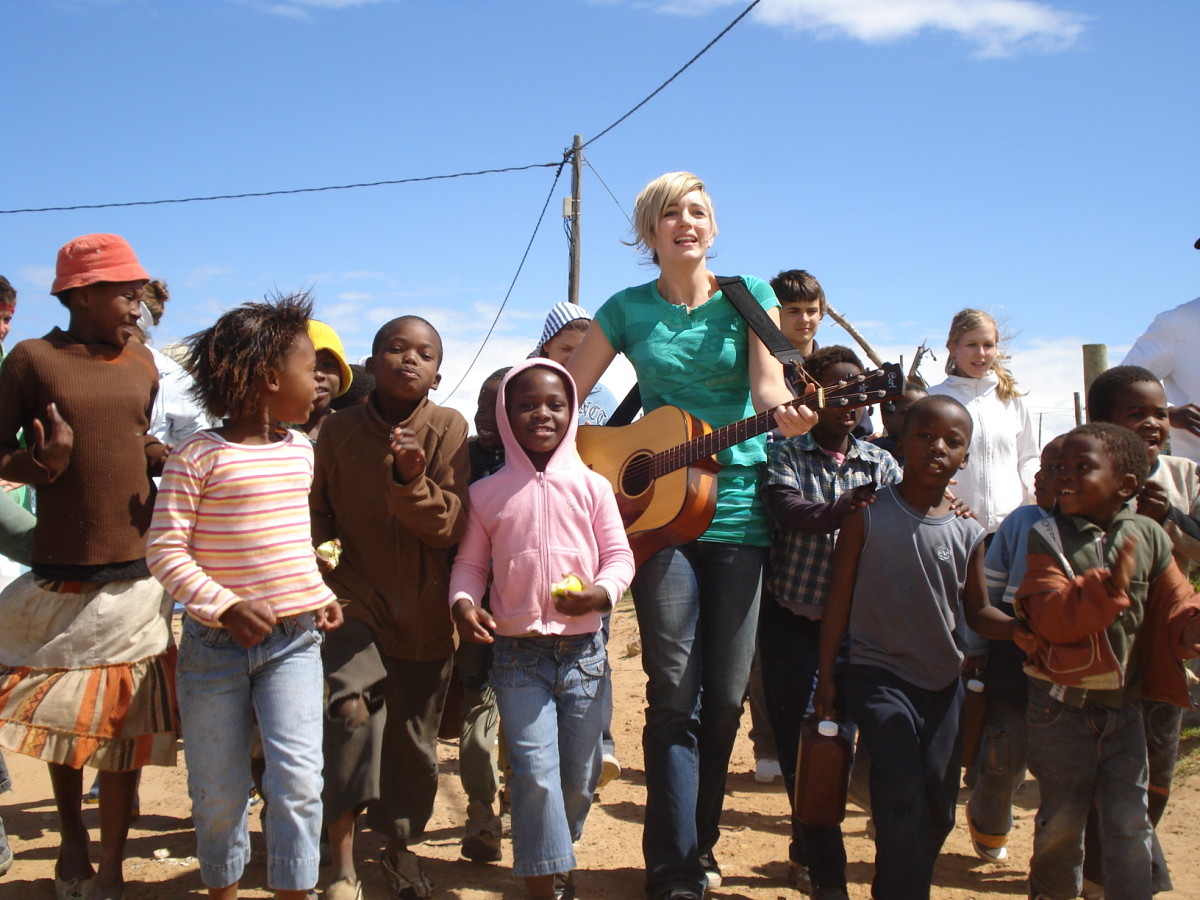Proper Grammar and Spelling - A Simple Guide for Commonly Misused Words and How To Correct Your Grammar

Individuals from all walks of life make spelling and grammar mistakes. You can find them in advertisements, web pages, chat rooms, and even educational papers. Once you know what mistakes are, you will start to see them everywhere. Many people simply don't know the proper use or spelling of certain commonly used words. Particularly if nobody points out the mistakes, they tend to continue.
This guide will explain how some commonly misused or misspelled words should be used. It is guide meant to cover common errors and describe them in a simplified form.

Your and You're
Your: Used when describing something belonging to someone, or something that someone is in possession of.
- "I love your dress."
- "I want to ask for your advice."
- "Your mother called here for you."
You're: Is a contraction for "you are."
- "You're too funny."
- "I'll go if you're going."
- "Every time I come here, you're here too."
Hint: When you write a sentence using the words your or you're, try to say it out to yourself and ask if it can be said "you are." If so, the you're spelling is correct.

Then and Than
Then: Used when describing a time, a past time, future time, or order/sequence of time.
- "Then there were none."
- "First we'll make dinner, then we'll have coffee."
- "Things were so much better back then."
Than: Used when making comparisons.
- "I'm older than your mother."
- "Gold costs more than silver."
hint: when using the words then or than, ask yourself what you are trying to say. Are you giving a comparison such as "The color___ is darker than ___?" Or are you describing a point in time such as "Mary was much chubbier back then?"
Examples of tricky sentences:
"I'd rather walk than run." = The person is saying they would prefer one option over another.
"I'd rather walk, then run." = The person is saying they would rather do one activity followed by another.

We're, Were, and Where
We're: Is a contraction of "we are."
- "We're going to have so much fun."
- "They don't know we're coming."
- "Tell them we're leaving."
Were: Used to indicate or reference a past event or situation.
- "There were seven children playing."
- "Were there any survivors?"
- "We were much braver than they were."
Where: Is describing a location or point in time.
- "Where have you been all my life?"
- "I don't know where he is."
- "This is the point where I say goodbye."
Hint: The "we're" and "were" spelling are the most commonly confused out of these three words. When using one of these three words, first ask yourself if you are describing a location or point in time. If so, use the spelling "where." If not, ask yourself if the word you are using can also be said as "we are." If so, use the word "we're." If not, use the word "were."

They're, Their, and There
They're: Is a contraction for "they are."
- "They're coming for us."
- "Do you know if they're bringing snacks?"
- "I wonder what they're doing."
Their: Used when describing something that is possessed by "they," or something belonging to another person or thing.
- "Their car is on fire."
- "I love their new home."
- "We are going to their game on Friday."
There: Used when referring to being in or at a certain place or point, or used as a verb when introducing a sentence.
- "There was once a restaurant there."
- "I wonder if there will be food."
- "My sister went there once."
Hint: When writing a sentence using one of these words, ask yourself if the word can also be said as "they are." If so, use the word "they're." If not, ask yourself if you're referring to a place, point in time, or introducing a sentence as a verb such as "there he goes again." If so, use the word "there."
Can you see how all three words may be used in one sentence?
"They're going to be upset when they see that their car is no longer there."

Its and It's
Its: Used when describing something that is belonging to or possessed by.
- "It glared at us with its eyes."
- "The mother bear was with its cubs."
- "The house looks great with its new paint."
It's: Is a contraction of "it is."
- "It's going to be beautiful outside."
- "I wonder if it's going to rain."
- "I don't know for sure if it's the meal I want to choose."
Hint: When using the word its or it's, ask yourself if you are able to say the sentence with "it is." If so, use the it's spelling.

Effect and Affect
Effect: Used when referring to the result of something, something that was produced from a cause, the power to produce a cause, an intention.
- "The play had a profound effect on my life."
- "The wilted plants are an effect of the sun and lack of rain."
- "The effect from the coffee is that she is hyper."
Affect: Used when referring to a feeling or an emotion, something that influences something, or something that evokes a response.
- "The rain will surely affect the crops."
- "The humidity will affect my hair."
- "The coffee will affect her sleep."
Hint: Affect is usually used as a verb and effect is usually used as a noun. You can kind of think of them as cause and effect with "affect" being the cause. Very rarely will effect be used as a verb or affect as a noun.

Could of, Should of, Would of/Could Have, Should Have, Would Have
Could of, Should of, and Would of are commonly misused terms that are typically used in replacement of the correct terms Could Have, Should Have, and Would Have.
This is probably due to the ways in which these terms are usually spoken. When "have" is spoken in sentences, it can sound similar to saying "of."
Examples:
Incorrect: "I could of done it if she wasn't watching me."
Correct: "I could have done it if she wasn't watching me."
Incorrect: "He should of done it when he had the chance."
Correct: "He should have done it when he had the chance."
Incorrect: "They would of done better if it wasn't raining."
Correct: "They would have done better if it wasn't raining."



